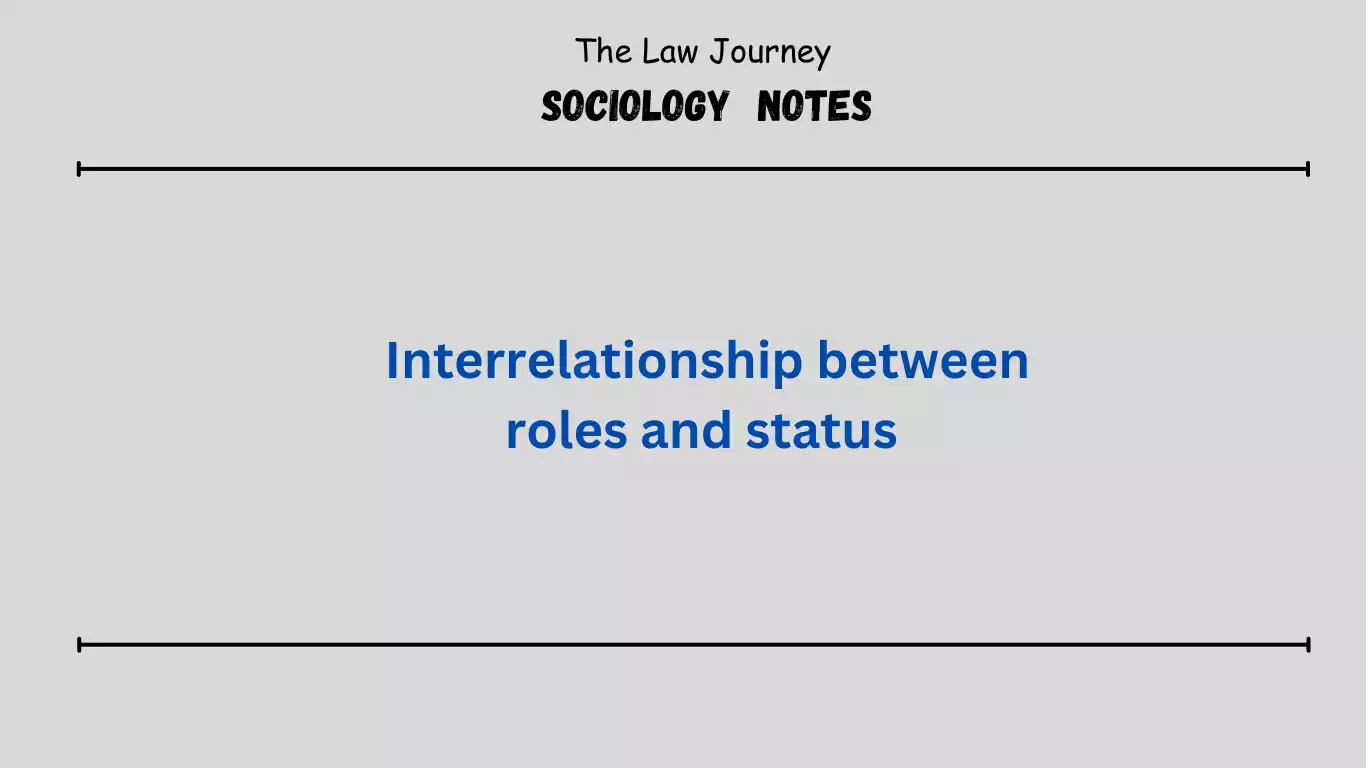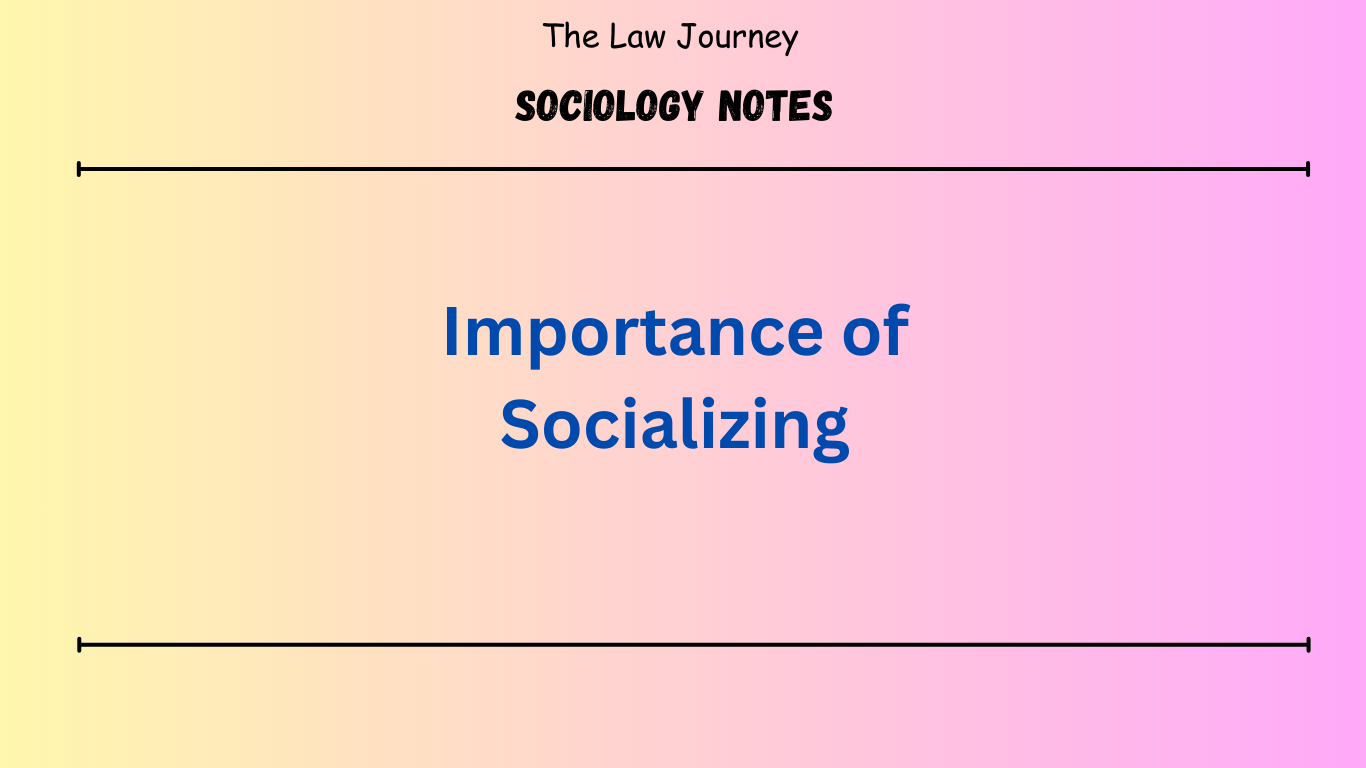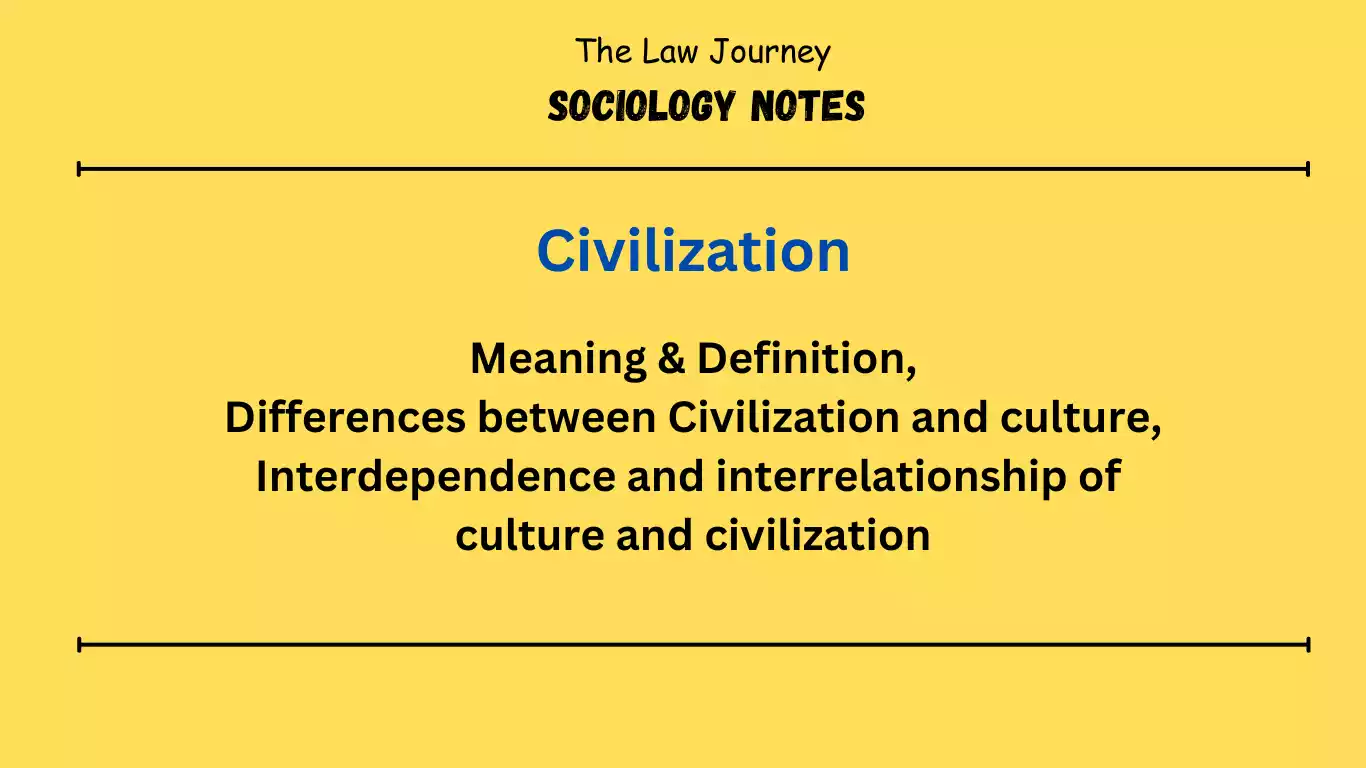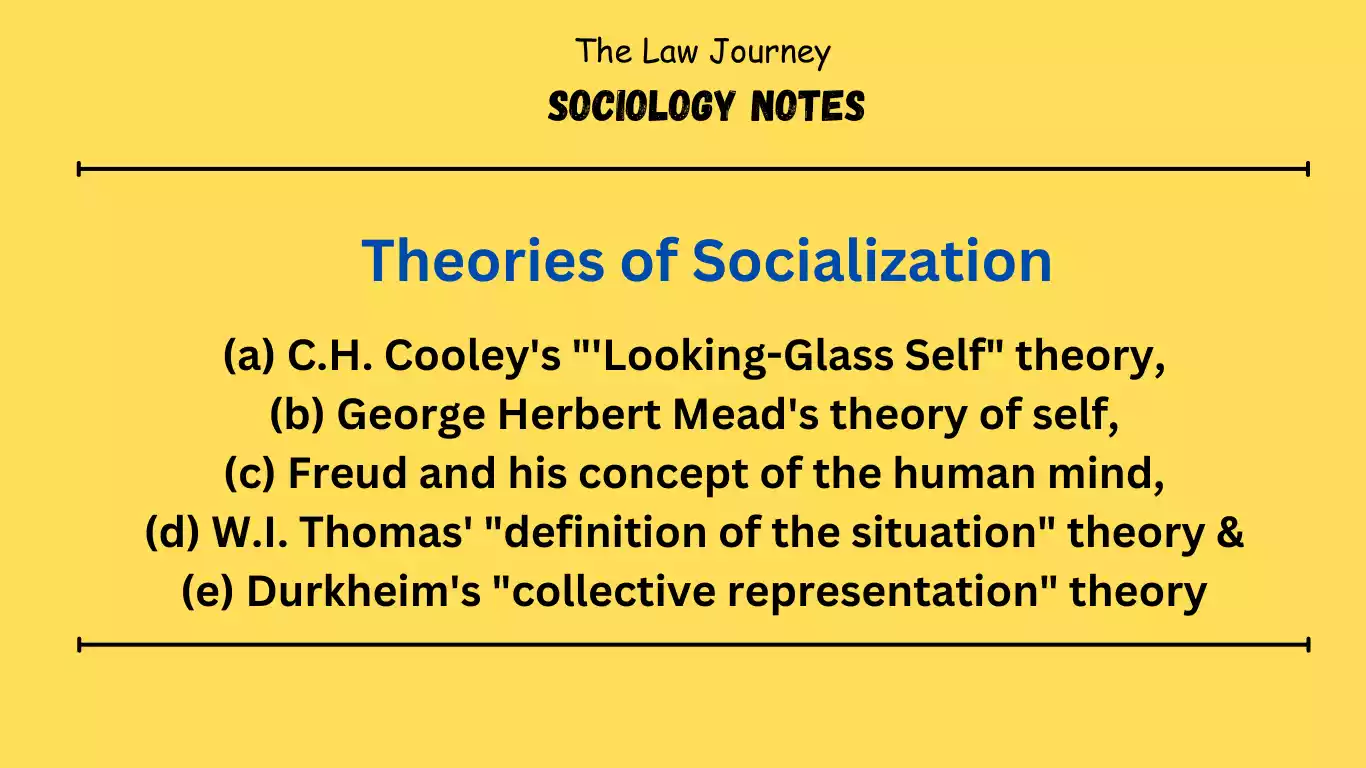Interrelationship between roles and status – Roles and status are interconnected elements influencing social dynamics. Roles prescribe behaviors and responsibilities within a group, shaping individual contributions. Status, reflecting one’s perceived importance, impacts access to resources and influence. Individuals often assume roles aligned with their status, but effective performance can elevate status. Conversely, role fulfillment may contribute to status enhancement. This interrelationship defines social structures, as roles and status mutually shape individual and collective experiences within communities, organizations, and societies.
(a) The concepts of role” and status” are interrelated.
Simply put, status refers to one’s position in society or a group. “Role” is the behavioral aspect of status. Status is occupied and roles are fulfilled. A role is the way a particular person performs the duties of a position and enjoys its privileges and privileges. Position or status is simply a means of identifying a particular social role.
These two terms are often used interchangeably. For example, the position of ‘advocate’ identifies a particular body of expected behaviour or the role of advocate. To define a social role is actually to define the essential or minimal features of the expected behaviour or role. Strictly, from the sociological point of view, to define a social position completely means to define or to indicate its (status) entire role prescriptions. In this way these two terms ‘position’ or status and role are only analytically separable.
(b) Role is a relational term.
One person plays a role relative to another associated with the “opposite position.” For example, a lawyer performs the role of lawyer in relation to the role of client. The concept of roles relates to the individual level of interaction. This is because it is individuals who play roles and occupy positions, not organizations, institutions, or subsystems.
(c) “Role” and “Status” in a sense indicate the different interests of two sciences:
Status is a sociological concept and a social phenomenon. On the contrary, roles are a concept and phenomenon in social psychology. Individual differences in personality, skills, talents, and behaviors alone can explain why different people in the same position play different roles. For example, Pandit Nehru, Lal Bahadur Shastri, Indira Gandhi and Rajiv Gandhi held the same position as Prime Minister. They played different roles in this status.
(d) Both status and role are dynamic and constantly changing.
Therefore, the role changes each time a new incumbent joins the status. As the norms associated with status change, status also changes. It is very likely that new duties and responsibilities will be added to the status and old ones will be removed over time. More rigorous role-playing games may allow for expanded functionality of stats.
Similarly, these features may change based on the newly recognized needs of the system to which the status belongs. For example, as your club grows, officers may take on new duties or new positions may be created. Therefore, status and roles are both dynamic elements in social life. But status is cultural, and role is behavioral.
(e) Although status and role are interrelated phenomena, it is possible to have one without the other. A no-role status may simply indicate that the position is not filled within the club. For example, if a university president resigns, it may take some time to find a suitable replacement for the position. During this period, some assistants may assume the duties of the Vice-Chancellor.
These assistants will never enjoy the privileges of the position of Vice-Chancellor. Similarly, roles are often played without occupying a position. For example, when a family member becomes ill, the mother assumes the role of nurse. Nurses have a status in hospitals, but they can play a role at home. Some people are also known as pranksters. However, they do not assume clown status. A clown is just a status within a circus.
(F) As Robert Bierstedt has argued, status can be described as an institutionalized role in the language of formal sociology. It is a regulated, standardized, formalized role in society as a whole or in a particular context of society. The structure of society is made up of statuses, not roles. “It is status, along with norms, that gives order, predictability, and even possibility to social relationships.”
Related Post | Interrelationship between roles and status
- Concept of Social Groups in Sociology
- RTI notes
- Political Notes
- internship for law students
- moot court proposition maker
- Legal History Notes
- Law of Torts notes
- law project maker
- moot court memorial maker
Reference Books | Interrelationship between roles and status
- Introduction to Sociology by Anthony Giddens
- C.N. Shankar Rao – Principle of sociology with an introduction to social thoughts
- Sociological Theory by George Ritzer
- A Dictionary of Sociology by John Scott
- Social Change in Modern India by M N Srinivas
- Handbook of Indian Sociology by Veena Das

















